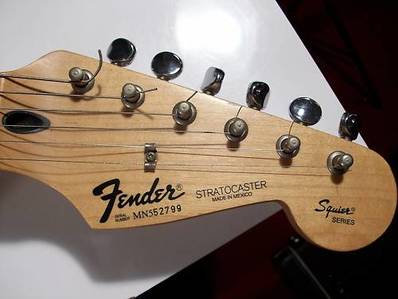BLACK LABEL, AMERICAN TRADITIONAL AND CALIFORNIA STRATOCASTERS



|
© COPYRIGHT 2014-2024 FUZZFACED.NET BY ANTONIO CALVOSA - TUTTI I DIRITTI RISERVATI
La copia, la riproduzione, la pubblicazione e la redistribuzione dei contenuti, se non autorizzate espressamente dall'autore, sono vietate in qualsiasi modo o forma. |

|
© COPYRIGHT 2014-2024 FUZZFACED.NET BY ANTONIO CALVOSA - ALL RIGHTS RESERVED
The copying, reproduction, publication and redistribution of the contents, unless expressly authorized by the author, are prohibited in any way or form. |